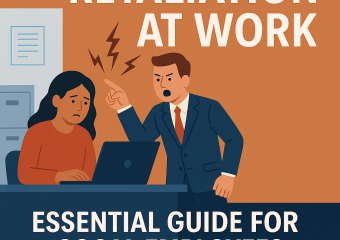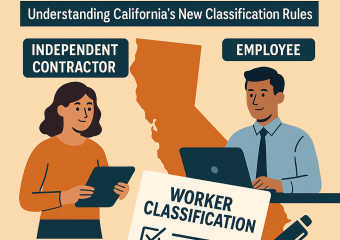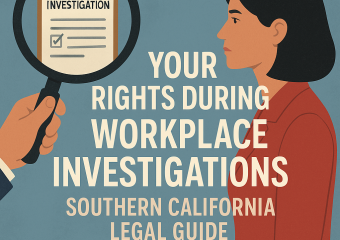Wrongful Termination in California: Know Your Rights!
Fired Unfairly? What Counts as Wrongful Termination in California
Wrongful Termination in California is a significant issue that affects many workers across the state. Understanding whether your discharge from a job can be legally challenged depends on several critical factors governed by state and federal laws. In California, employment is typically “at-will,” meaning employers can terminate employees at any time and for almost any reason. However, there are exceptions to this rule that protect employees from unfair dismissal. This article explores what constitutes wrongful termination in California and what steps you can take if you believe you have been unjustly fired.
Understanding Wrongful Termination
Wrongful termination occurs when an employment contract or law is violated by the employer at the time of dismissal. In California, despite the at-will employment doctrine, there are clear regulations that prevent employers from firing employees for illegal reasons. These unlawful reasons include:
- Discrimination based on race, gender, age, religion, national origin, disability, and other protected characteristics.
- Retaliation against an employee who has complained about or reported workplace harassment, discrimination, unsafe work conditions, or other statutory violations.
- Violation of written and implied employment contracts.
It’s crucial for employees to know that being fired for any of these reasons can give them the right to seek legal recourse against their employers.
Protected Classes and Discrimination
Discrimination is among the most common grounds for wrongful termination claims in California. The state’s Fair Employment and Housing Act (FEHA) offers protection against workplace discrimination on numerous grounds including, but not limited to, sex, pregnancy, race, and disability. Employees who believe that their dismissal was based on any discriminatory reason should consult with a legal expert to understand their rights and the necessary steps to take.
Retaliation and Whistleblower Protection
Employees are often hesitant to report unlawful behavior or unsafe working conditions due to fear of retaliation from their employer. However, California laws provide strong protections for whistleblowers and victims of retaliation. This protection means that if an employee is terminated for making complaints or participating in investigations related to legal violations or workplace safety, they may have a basis for a wrongful termination suit.
Breach of Contract
Another common area where wrongful termination arises is the breach of a written or implied contract. If you have a written employment agreement or if there is an established company policy that outlines specific procedures for disciplinary actions and terminations, and your employer does not adhere to these procedures, you might have a wrongful termination claim. Evaluating whether a contract has been breached often requires thorough analysis by a legal professional.
What You Can Do If You Suspect Wrongful Termination
If you suspect that you have been wrongfully terminated, there are several steps you can take:
- Document Everything: Keep detailed records of all your employment documents, communications with your employer, and any relevant interactions with colleagues or supervisors.
- Seek Legal Advice: Contact an attorney who specializes in labor law to discuss your case. They can provide guidance on how to proceed based on the specifics of your situation.
- File a Complaint: You can file a wrongful termination claim with the California Labor Board or the Equal Employment Opportunity Commission (EEOC). An attorney can help you navigate this process.
Conclusion
Being fired from a job can be a traumatic experience, especially if the termination was unjust. Understanding the laws surrounding wrongful termination in California is essential for protecting your rights and determining the best course of action. Whether you’re dealing with discrimination, retaliation, or a breach of contract, knowing the legal protections available to you is the first step toward ensuring that justice is served. If you find yourself in this unfortunate situation, remember that you are not alone, and there are resources and legal avenues that can help you rectify the situation.




